Firstly, product placement is not an exclusive strategy for big brands. Any company, brand, celebrity, or venture can benefit from this marketing strategy in plays, TV shows, videos, or radio, whether at a local, national, or international level. Product placement can be an excellent way to build brand awareness and promote products or services in a non-intrusive and subtle manner. Additionally, this strategy can also help improve brand image by associating it with a popular movie or TV show.
One of the key benefits of product placement is its ability to reach a specific audience in a more authentic and natural way. Unlike traditional ads, product placement doesn't interrupt the viewer's experience; instead, it integrates into the plot and story. This allows the viewer to feel more connected to the product or service and increases their interest in it. Moreover, product placement can also be used as a tool for storytelling and character development.
Another important factor to consider is cognitive bias, which can limit the understanding and adoption of new marketing strategies. People often cling to their beliefs and prejudices, rejecting anything that contradicts their viewpoint. In the case of product placement, some may believe it's ineffective or too expensive for their brand. However, it's essential to remember that product placement is not a one-size-fits-all solution, and each campaign must be customized and tailored to the specific needs and goals of the company.
Below, we share some of the thousands of successful product placement cases for both large and small brands.
Successful Product Placement Cases for Large Brands:
-
Coca-Cola in the movie "The Hunger Games": The beverage brand achieved great success in the film because the story unfolds in a dystopian future, yet the brand appears as one of the few positive things remaining.
-
Audi in the movie "Iron Man": Audi gained significant brand exposure by being the official vehicle of the main character, Tony Stark.
-
Nike in the movie "Forrest Gump": The sports apparel brand benefited greatly from the appearance of its products in the film, especially the sneakers worn.
-
Ray-Ban in the movie "Top Gun": The sunglasses brand benefited from its appearance in the film due to the popularity of the main characters, Tom Cruise and Val Kilmer, and their lifestyle.
-
Mercedes-Benz in the movie "Jurassic World": The luxury car brand appeared in the film as the official vehicle of the theme park and benefited from the resulting advertising.
-
Apple in the movie "La La Land": The technology brand appeared in the film as a key element in the narrative and characterization of the main character, played by Ryan Gosling.
-
Hershey's in the movie "E.T.": The candy brand benefited greatly from its appearance in the film, especially in the iconic scene where the main character shares a pack of M&M's with the extraterrestrial.
-
BMW in the movie "Mission: Impossible - Ghost Protocol": The car brand appeared in the film as the official vehicle of the main character, played by Tom Cruise, and benefited from the resulting brand exposure.
In addition to these examples for large brands, there are numerous successful product placement cases for smaller brands and ventures. Here are some examples:
-
The Shelter Pet Project in the movie "Keanu": The pet adoption campaign benefited from its appearance in the film, which focused on a cat named Keanu.
-
Einstök beer brand in the TV series "Game of Thrones": The Icelandic craft beer brand gained significant brand exposure by appearing in various episodes of the series.
-
Shake Shack restaurant in the TV series "Billions": The burger restaurant chain appeared in the series as one of the main character's favorite places and benefited from the resulting brand publicity.
-
Skagen watch brand in the TV series "House of Cards": The Danish watch brand appeared in the series as the official watch of the main character, played by Kevin Spacey.
-
Tito's vodka brand in the movie "Kingsman: The Golden Circle": The craft vodka brand appeared in the film as the preferred vodka of the main character, played by Taron Egerton.
-
Nudie Jeans brand in the TV series "Californication": The Swedish clothing brand appeared in the series as the favorite brand of the main character, played by David Duchovny.
-
Tesla car brand in the TV series "The Big Bang Theory": The electric car brand appeared in the series as the main character's car, played by Jim Parsons.
-
Method cleaning products brand in the movie "The Internship": The eco-friendly cleaning products brand appeared in the film as the main character's favorite brand, played by Vince Vaughn.
One of the reasons many companies and public figures are unaware of the secrets and benefits of product placement is because it is not often taught in faculties and business schools. Most academic programs focus on traditional advertising and sales promotion, and product placement is not included as a valid marketing tool.
Furthermore, the advertising industry, in general, has tended to focus on selling volume and repetition, making product placement a challenging task for media agencies. Unlike traditional advertising, where ads are placed in a variety of media and widely disseminated, product placement requires a more specific and personalized approach. This means media agencies have to work with content producers and creators to find the best way to integrate products into the storyline in a natural and effective manner.
Another reason why product placement is not widely taught is that it requires a deep understanding of human behavior and neuromarketing. The success of product placement depends on how products are integrated into the story and how they emotionally connect with viewers. This involves a detailed understanding of how cognitive processes work in the human brain and how they can be leveraged to influence purchasing decisions.
Additionally, product placement poses a higher risk for brands. Unlike traditional ads, where brands have more control over content and ad placement, product placement involves relinquishing some control to the content producer or creator. This means brands run the risk of being misrepresented or even facing negative criticism in the content they integrate into.
An exciting topic—tomorrow, we'll tell you why product placement is often not reported in media audits.
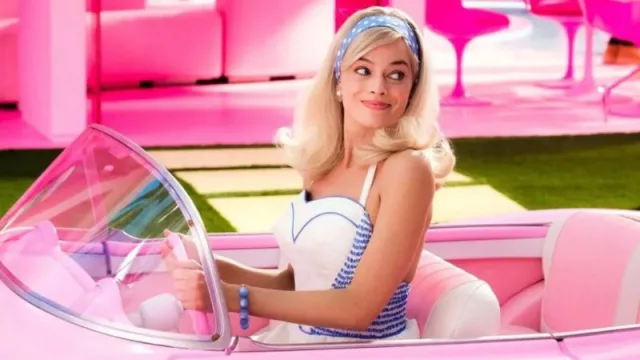
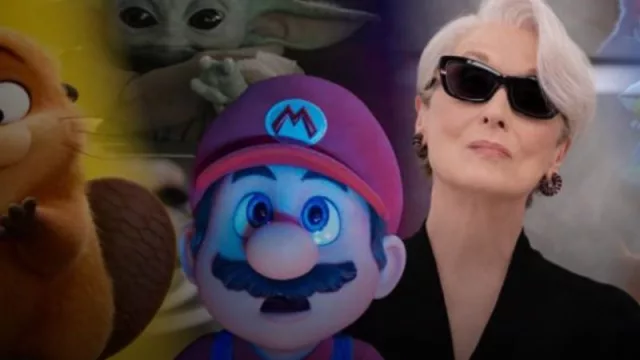
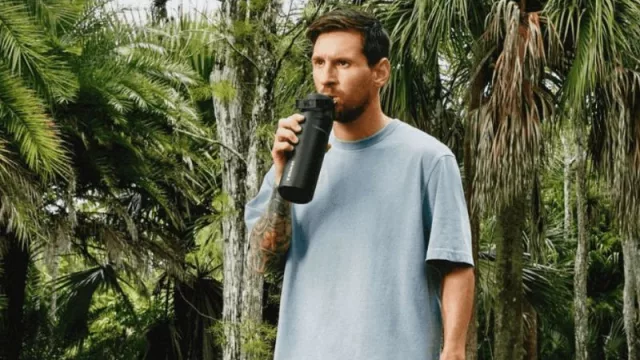
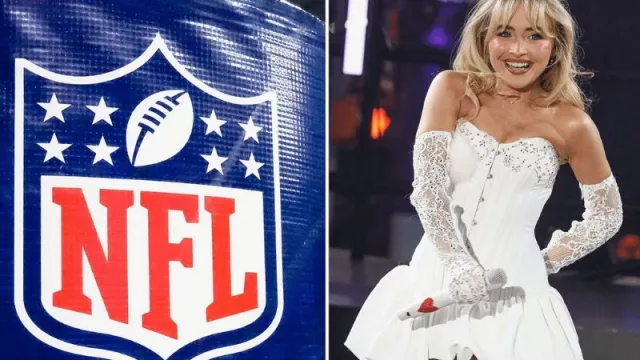
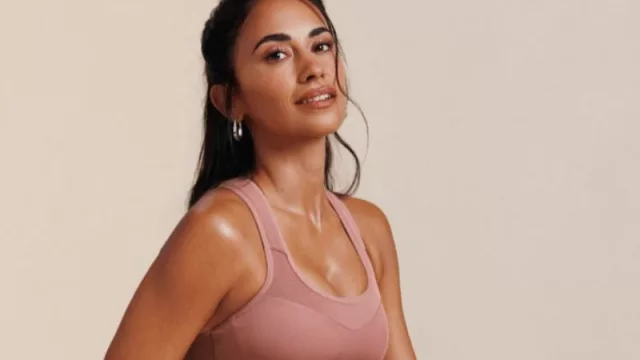
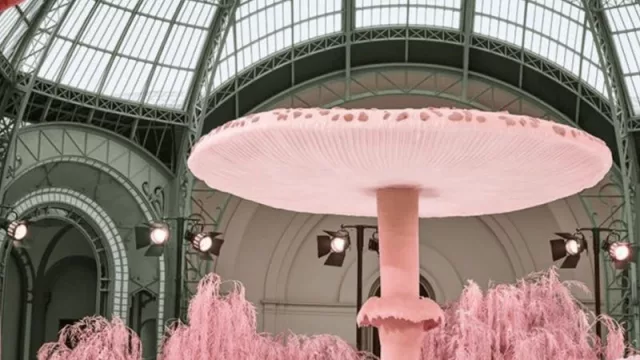
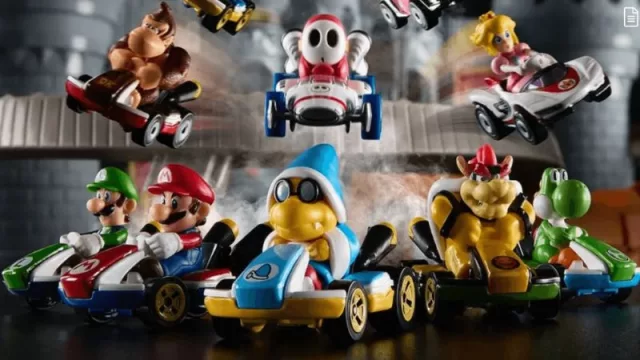
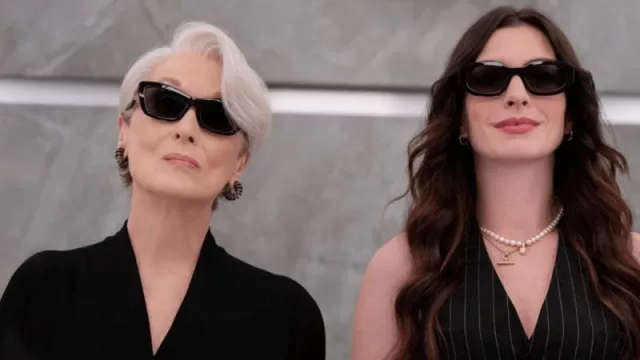
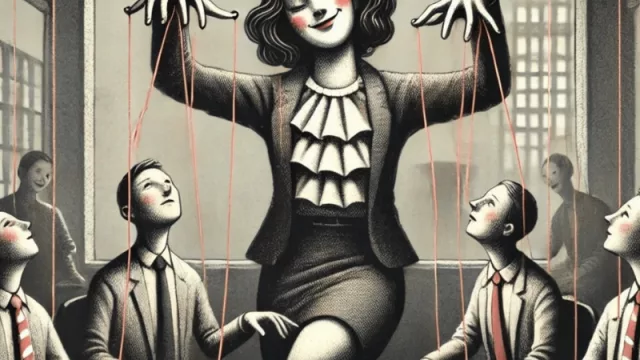
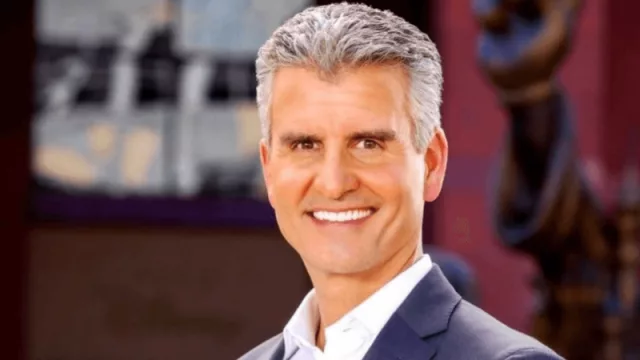
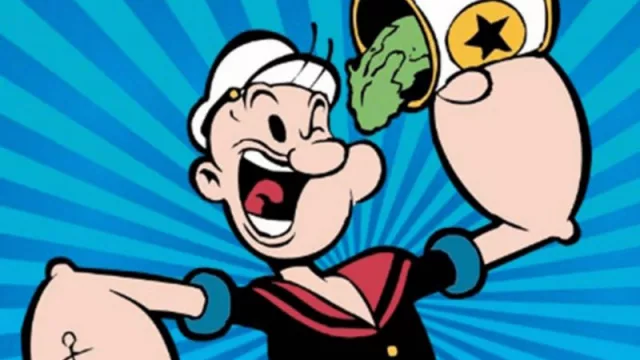

Tu opinión enriquece este artículo: